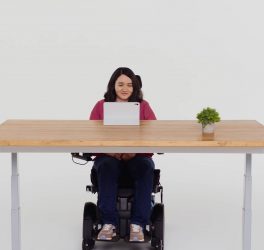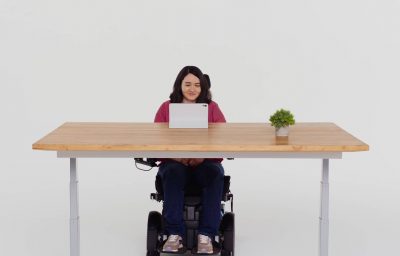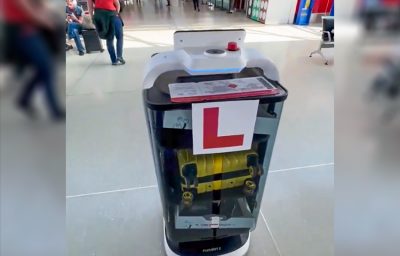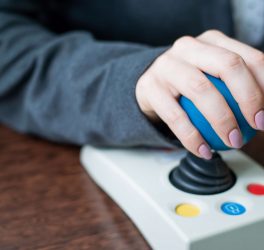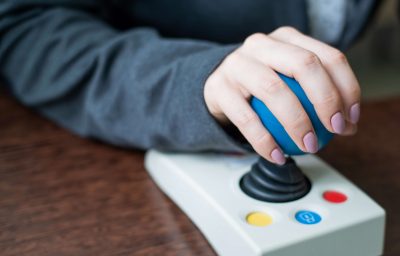In a bid to “bring even more diversity to the keyboard,” Apple’s upcoming disability-themed emojis will be added to our technological devices, as the tech giant aptly unveiled on World Emoji Day.
To celebrate World Emoji Day, Apple is previewing a selection of new emoji coming this fall, revealing the newest designs that bring even more diversity to the keyboard, alongside fun and exciting additions to popular categories of food, animals, activities and smiley faces.
In a major update to the Holding Hands emoji typically used to represent couples and relationships, users will now be able to select any combination of skin tone, in addition to gender, to personalize the people holding hands, opening up more than 75 possible combinations.
“Celebrating diversity in all its many forms is integral to Apple’s values and these new options help fill a significant gap in the emoji keyboard.” said An Apple spokesperson.
Following Apple’s proposal to the Unicode Consortium last year to introduce more disability-themed emoji, a new guide dog, an ear with a hearing aid, wheelchairs, a prosthetic arm and a prosthetic leg will be available in the emoji keyboard. Celebrating diversity in all its many forms is integral to Apple’s values and these new options help fill a significant gap in the emoji keyboard.

